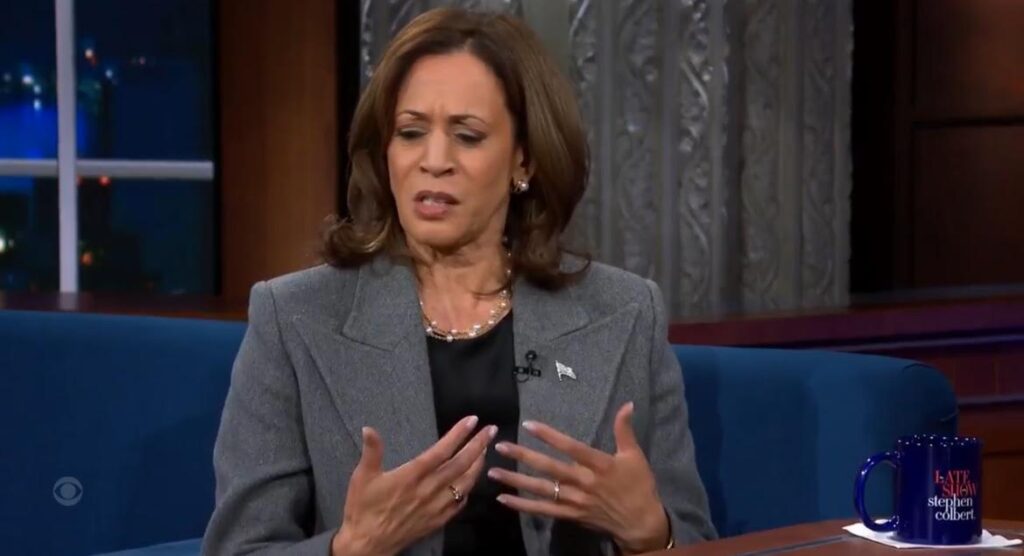In a recent appearance on a live audio town hall with Charlamagne Tha God, Vice President Kamala Harris spoke on several issues impacting the Black community, notably the topic of reparations. Harris navigated this critical discussion while attempting to frame her presidency as one that would serve all Americans, yet she acknowledged the historical context of racial disparities within the country. The backdrop of this dialogue highlights the ongoing tension between the Democratic Party and Black voters, who have historically supported the party but often feel underrepresented in terms of policy changes that address their specific needs.
During the town hall, Charlamagne pressed Harris on the necessity of reparations, pointing out that America’s economic ascension was built on the exploitation of Black labor. Harris responded cautiously, reiterating the need for further study on reparations, a sentiment she emphasized is essential for a nuanced approach to such a complex issue. She also drew attention to her personal background, claiming her middle-class upbringing had informed her viewpoint. However, many critics argue that her acknowledgment of history without actionable plans is insufficient, especially considering the urgent calls for tangible reparative measures.
Critics of the Harris administration have intensified their scrutiny, taking issue with what they perceive as a lack of substantive policy proposals aimed specifically at the Black community. Many point out that despite decades of unwavering Democratic support from Black Americans, there remains a stark discrepancy between community needs and the initiatives that are prioritized. This frustration was echoed by Charlamagne, who articulated a growing sense of disenchantment among Black voters who feel compelled to rally behind Democratic candidates without seeing their interests adequately represented in return.
As the discussion progressed, Harris made a series of statements regarding her broader economic agenda. She insisted that improving the economic standing of all Americans remains a top priority, yet the vagueness of her proposed actions left many unsure about the specifics, particularly regarding the issues faced by Black Americans, such as unemployment and systemic inequality. Critics contend that a mere acknowledgment of these disparities isn’t enough; they seek a commitment that translates into definitive plans and policies which directly target systemic obstacles faced by Black citizens.
The dynamics during the town hall also reflected an ongoing struggle for clarity and authenticity in Harris’s messaging. While she strives to connect with audiences through personal anecdotes, many believe that her narrative risks diluting the urgency of the reparations conversation. By casting her experiences as a middle-class individual against the backdrop of historically marginalized communities, critics argue that she inadvertently diminishes the distinctive challenges Black Americans face today in both economic and social spheres.
Ultimately, Harris’s appearance underscored a familiar narrative in political discourse—one that grapples with balancing broad appeals while needing to address the specific demands of critical voter blocs. The mixed reception of her statements on reparations and broader economic policies suggests that trust remains fragile among Black voters, who are keenly aware of the historical context of their support for the Democratic party. As Harris navigates her role on the national stage, the imperative for clear, actionable commitments to the Black community will likely be a decisive factor in the subsequent elections, shaping her political legacy as she contemplates a presidential run.

